Alright – so today we’ve got the honor of introducing you to Leslie Catlett. We think you’ll enjoy our conversation, we’ve shared it below.
Leslie, appreciate you joining us today. How did you come up with the idea for your business?
The Council of Chief State School Officers (CCSSO) and the National Governors Association Center for Best Practices (NGA Center) implemented the Common Core Standards (CCS) in 2010, with no mention of handwriting, manuscript (print), or cursive writing. The CCSS includes standards for legible manuscript writing in kindergarten and grade 1 but no requirements beyond these lower grade levels. Handwriting has gradually become less of a priority, while an increased emphasis is on technology instruction. The de-emphasis on handwriting instruction was the impetus for The Penmanship Lab.
The exclusion of handwriting instruction results in a lack of fine motor skills and brain development. Writing by hand develops reading readiness skills such as letter recognition, directionality, and visual perceptual skills. It also provides perceptual-motor (a combination of the senses and motor skills) experiences unifying what is learned, including letter shapes, sounds, and motor plans. Practicing writing letters allows the writer to think about how to put the letters together to form words and the structural appearance of the writing.
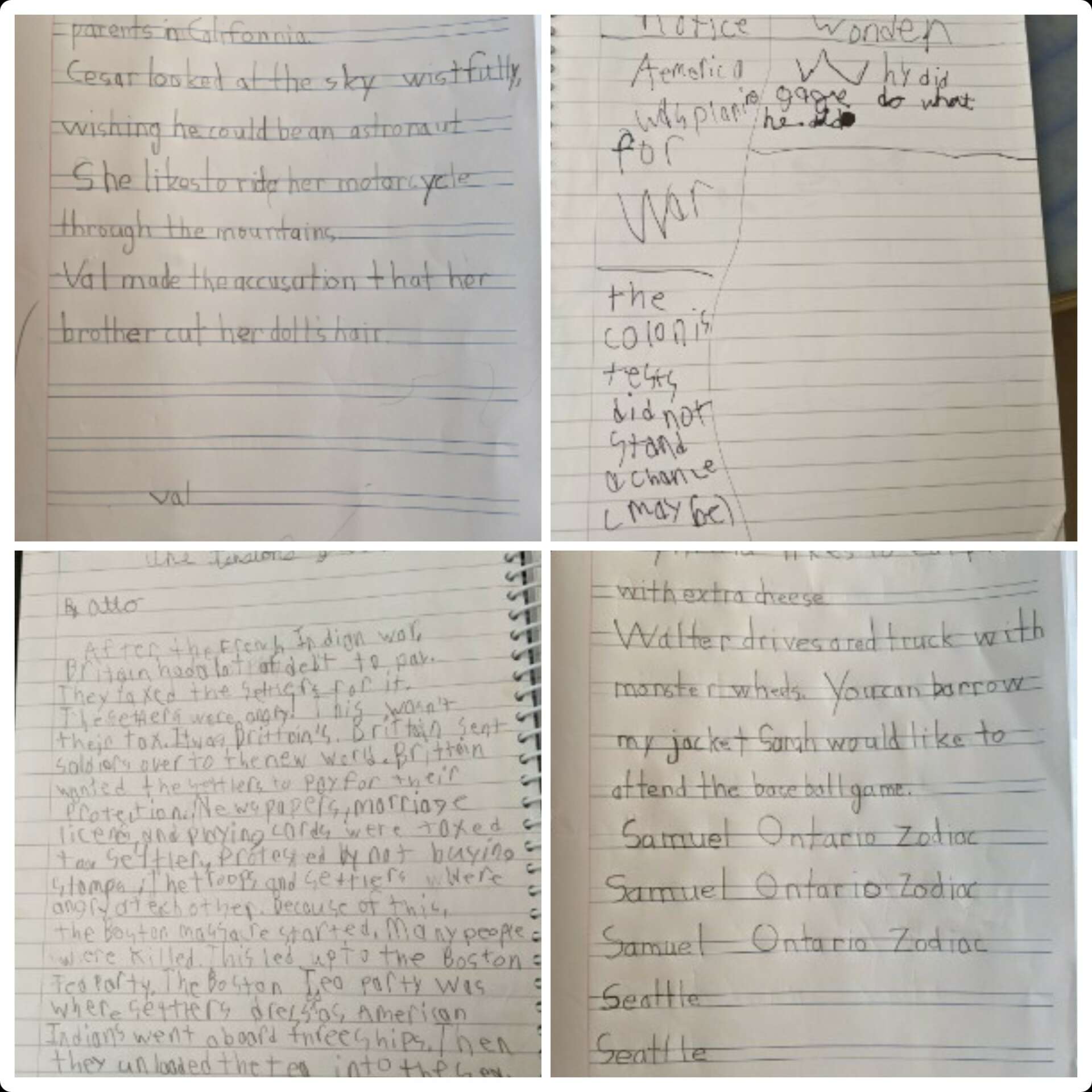

Leslie, love having you share your insights with us. Before we ask you more questions, maybe you can take a moment to introduce yourself to our readers who might have missed our earlier conversations?
I created a space for The Penmanship Lab in conjunction with homeschool instruction and my Occupational Therapy practice. I researched resources available to small businesses and my target audience. I purposely sought out educational institutions and programs that augment formal instruction, for example, recreational centers, libraries, and after-school programs.
The Penmanship Lab offers handwriting and fine motor coaching for students grades K-5. I provide high-quality instruction/coaching, and tools to improve legibility while maintaining a nurturing and fun format.
What sets me apart from others is that I meet the child where they are. I determine their current skill set and develop a plan of action specific to their needs. I am most proud of the skills and the confidence my students obtain after working with me. I often have students who avoid writing tasks due to; 1) a lack of confidence, 2) mechanics- a. visual processing (processing what they see and copying it), b. poor hand or grip strength, c. posture/core strength. The quest for neater handwriting need not be complicated. Perfection is not the goal. My instruction is fun and focuses on writing (letter formations, sizing, and placement). I provide positive feedback, which keeps students engaged. The students become less reluctant to write and gain pride in their writing. While society is technologically driven, handwriting remains a vital skill.
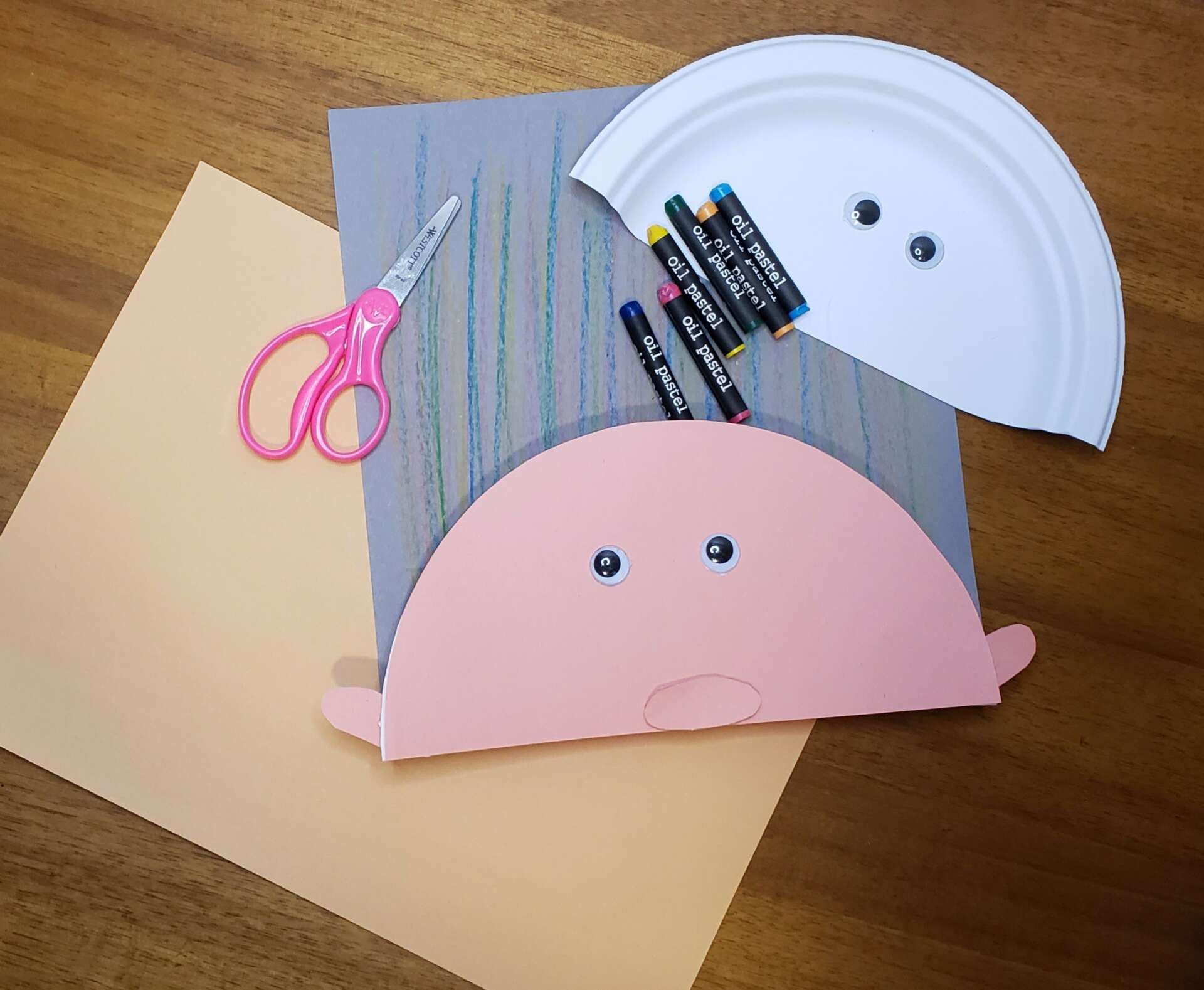
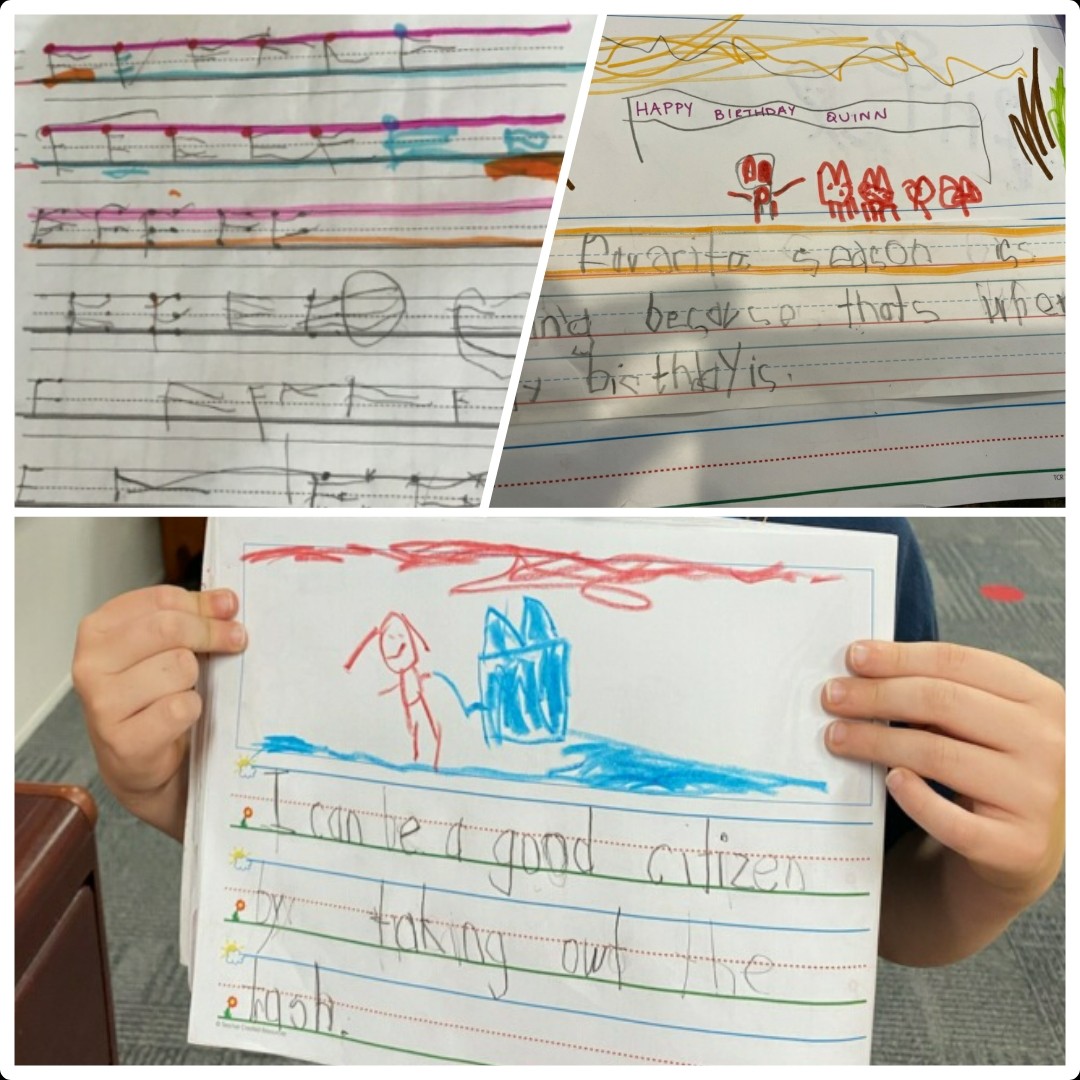
Any stories or insights that might help us understand how you’ve built such a strong reputation?
My reputation within the market was built, on my understanding as a parent, regarding the value of instructional services/programs that help to aid my children’s needs and development. Hence, I am committed to providing quality service, as every student’s future is equally important. I listen to parents’ concerns, respect their feelings, and make my services accessible, which has proven instrumental to my success.
I am passionate about cultivating a child’s handwriting and fine motor skills. I have made it my life’s work to equip students with the confidence to communicate through writing for academic and personal success.
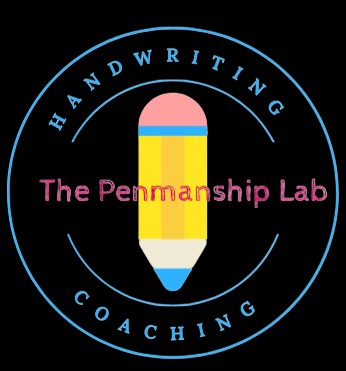
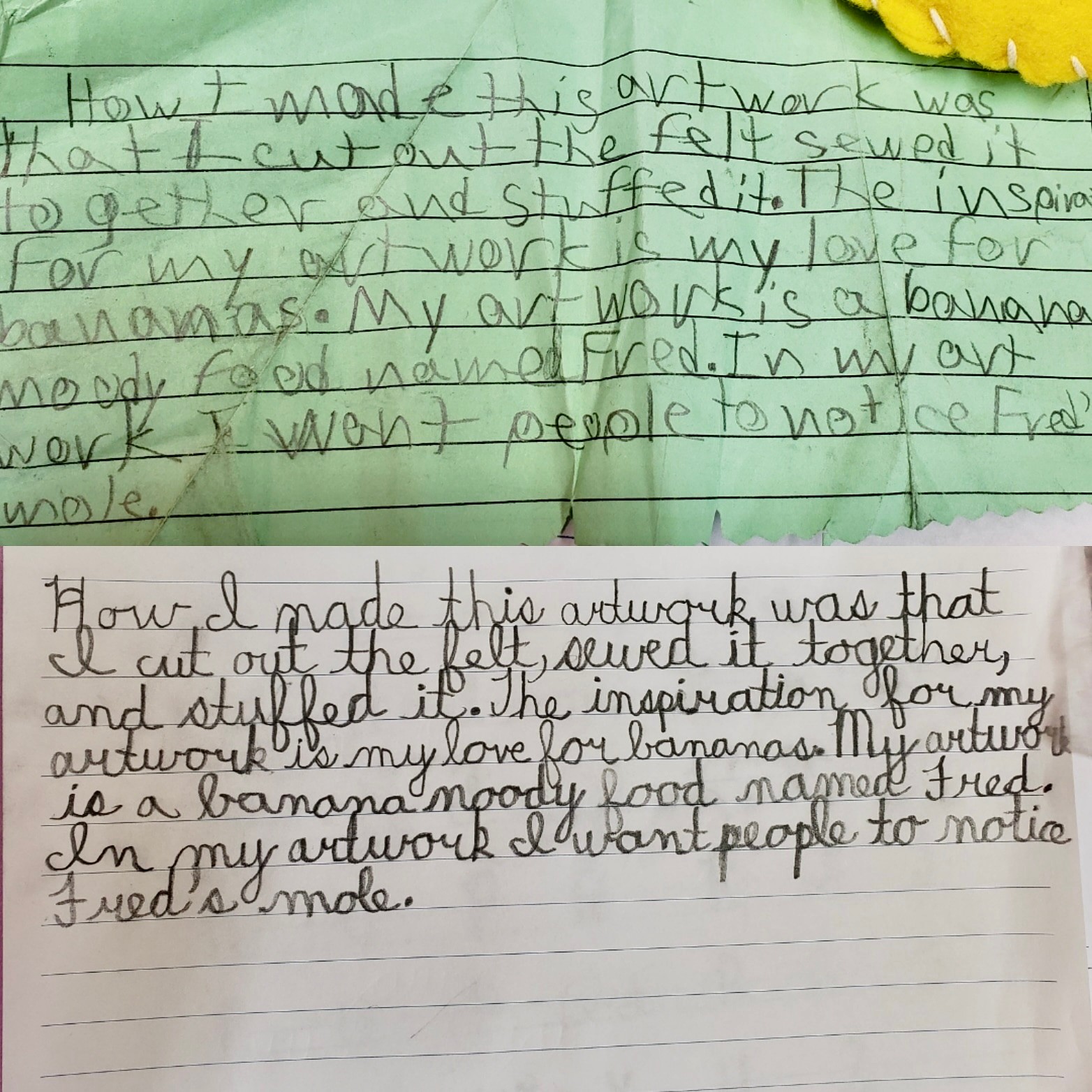
Can you tell us about a time you’ve had to pivot?
As with many small businesses, the pandemic played a role; in my need to pivot. I transitioned to offering my services virtually. Initially, some parents were apprehensive about how handwriting and fine motor coaching could be provided- in a virtual environment. The built-in convenience, use of at-home materials to increase opportunities for replication, parent education, and the ability to maximize time proved to benefit the entire family. The Penmanship Lab and students equally benefited from this pivot. I was able to broaden my reach both nationally and internationally. With the shift to using laptops and tablets exclusively every day, many children were no longer using pencils and paper. My services enabled students to practice writing their letters with a pencil, use their eyes to visualize the boundaries on the paper, and feel the lead drag across the paper. These opportunities reduced the impact of decreased muscle memory, stamina, letter sizing and positioning, fluency, and letter joins. Without formal instruction to help students keep letters and numbers consistent creates bad habits. The underdevelopment of fine motor skills can impact correct letter formation, sizing, and placement. Having good penmanship frees up the mental capacity to complete other tasks in the writing process. Increasing a child’s confidence in writing their thoughts onto paper, and the willingness to share, spanning across all of their work.
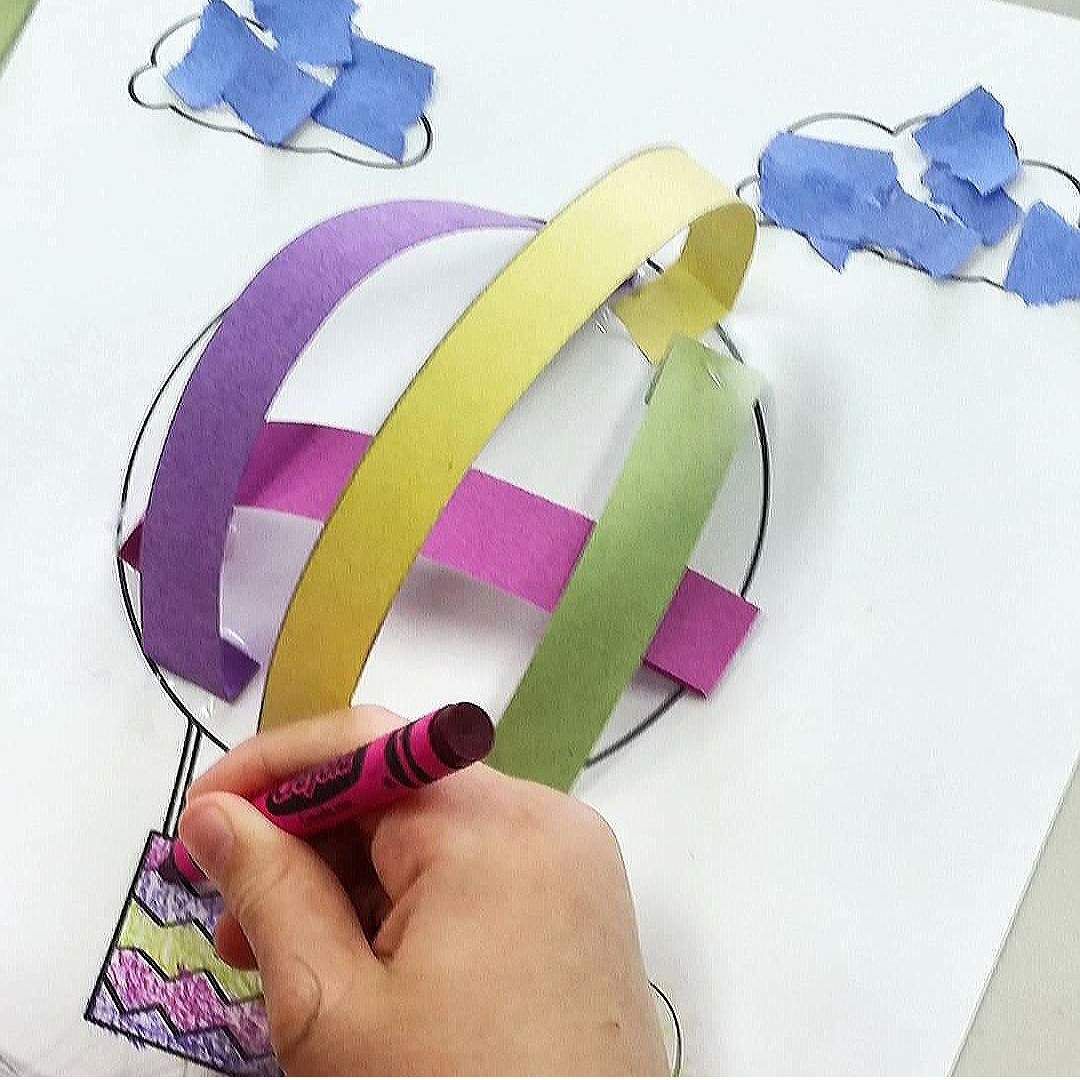
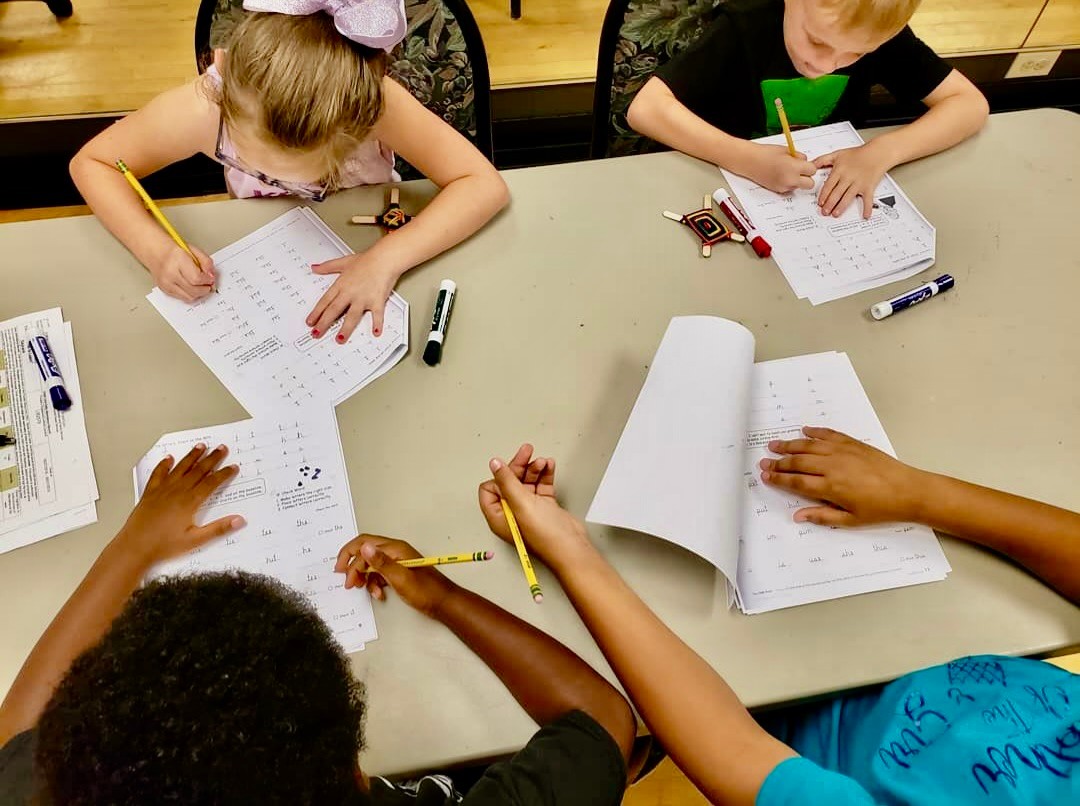
Contact Info:
- Website: https://www.thepenmanshiplab.com
- Instagram: https://www.instagram.com/the_penmanship_lab/
- Facebook: https://www.facebook.com/thepenmanshiplab
- Other: https://www.google.com/maps/place//data=!4m2!3m1!1s0x883861428d0bb1d5:0xdb480b9f6648d359?source=g.page.m.ad._
Image Credits
Headshot: Aaron Taylor Photography


